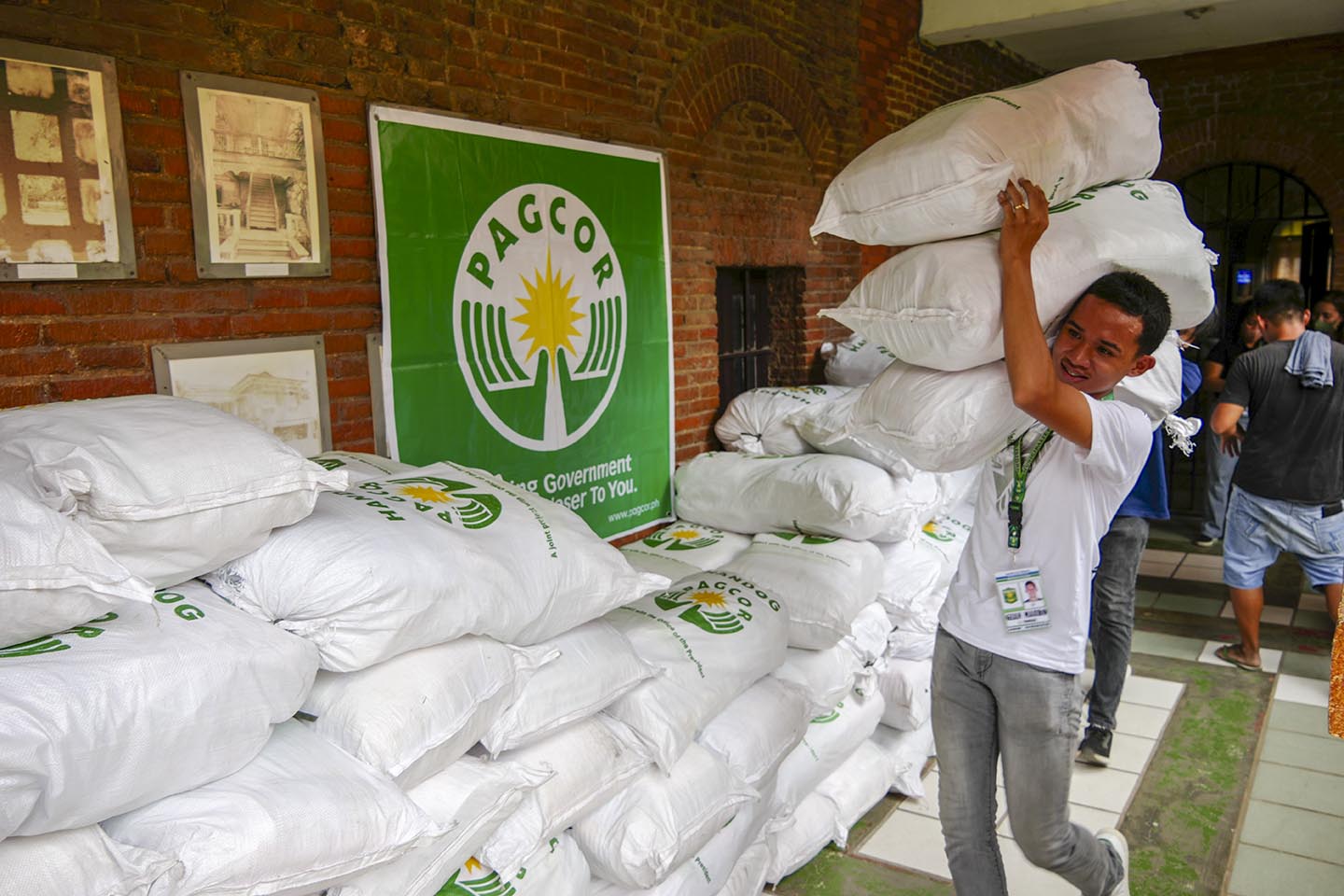Posted on: November 16, 2022, 08:09h.
Last updated on: November 16, 2022, 09:48h.
Recovering from COVID-19 has been painful for the gaming industry everywhere, especially in the Philippines. The good news is that things are returning to normal, and the Philippines Amusement and Gaming Corp (PAGCOR) likes what it sees.

The gaming regulator and casino operator reported that the gross gaming revenue (GGR) for Q3 was PHP49.36 billion (US$860.7 million). This represents a 7.6% increase over Q2 and a 110.4% year-on-year gain from 2021.
Private casino resorts, which include those in Manila’s Entertainment City and others, produced 90.7% of the total for PHP44.75 billion (US$780 million). This is 6% higher than last quarter and 105% better than a year ago.
Philippines Gaming Bounce Back
Casino GGR figures do not include revenue from electronic games parlors, bingo, or e-sabong, the latter of which is now banned. PAGCOR-owned casino revenues grew by 21.6% to PHP4.63 billion (US$80.7 million), which doesn’t include bingo revenue from in-house venues.
The table games GGR at PAGCOR casinos rose 34.2% in Q3, coming in at PHP1.32 billion (US$30.85 million). The amount from slot machines increased by 11.9%, from PHP2.12 billion to PHP2.37 billion (US$36.95 million to $41.3 million).
PAGCOR added that its aggregate revenue jumped 73.5% to PHP42.27 billion (US$736.76 million), while the income from gaming operations rose 75.8% to PHP39.17 billion (US$682.73 million).
Off the improvements, PAGCOR reported a net profit of PHP104.9 million (US$1.82 million) during the period. This led to net income of PHP3.48 billion (US$60.65 million) between January and September.
It wasn’t until earlier this year that land-based casinos returned to normal in the Philippines. Other gambling hubs, such as Las Vegas, were already completely up and running completely by then. However, some, including Macau, are still trying to gain traction.
Legal Nightmare for PAGCOR Official Ends
The case against Estela Pelayo Ramos, a former VP of finance and treasury for PAGCOR, has been dismissed. A court judge determined that there wasn’t enough evidence to push the case further.
Pelayo Ramos faced accusations of having favored BIDA Productions in a series of transactions totaling PHP120.24 million (US$2.09 million) between October 2005 and October 2009. However, the court found that all payments made to BIDA came through various PAGCOR offices and had their approvals before reaching Ramos.
The case may have been a diversionary tactic by someone looking for a scapegoat. BIDA is a multi-faceted company that has produced several movies. One of these is Baler, and its production in 2008 led to charges against the company by PAGCOR.
The gaming regulator accused BIDA of malversation of public funds after determining that it sought to underhandedly get it to cover its costs for the production. As the case developed, it was determined that several BIDA executives had ties to PAGCOR, including a former CEO, Efraim Genuino.
At the time of Baler’s production, Genuino was still with PAGCOR. This gave him the ability to manipulate the paper trails.
Recently, there have been calls by some legislators for the disbandment of PAGCOR. They argue that there is a conflict of interest in an entity that regulates its own operations. This mirrors similar efforts from a couple of years ago and, so far, the initiative has not found approval.
